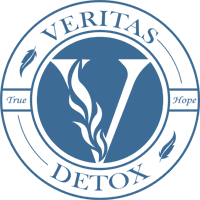According to the U.S. Department of Veterans Affairs, about 13 million Americans had PTSD in 2020. Unfortunately, most people experience a traumatic event in their lifetime. Left untreated, trauma can hurt your health and quality of life. People suffering from unresolved trauma may turn to drugs or alcohol to cope. Keep reading to learn more about the impact of trauma on addiction and recovery so you can learn how to lead a healthier, happier life.
Veritas Detox, we are a top-rated drug and alcohol detox center in California that provides individualized support so you can safely and effectively overcome addiction. Whether you are looking for a luxury alcohol rehab or drug abuse treatment, we provide a comprehensive range of treatment programs to best support your road to recovery. Contact us today to learn how we can help you break free of addiction.
How Trauma Increases Your Risk of Addiction
Millions of people struggle with trauma. Unfortunately, many people ignore their trauma and push it aside, hoping it will just go away on its own with time. However, failure to heal from your trauma can often lead to greater consequences over time. This is because unresolved trauma can be painful and upsetting and could even lead some people to turn to drugs or alcohol to cope with their trauma. While this may help temporarily relieve feelings of pain and suffering, drugs and alcohol will never heal your trauma.
In fact, abusing drugs or alcohol may lead to eventual drug dependency and addiction, which can further harm your overall health and quality of life. That’s why it’s important that, if you are struggling with untreated trauma, you seek professional support to heal. Otherwise, your unresolved trauma can increase your potential risk of turning to drugs or alcohol to cope.
Why You Need to Treat Trauma Along Your Recovery Journey
If you suspect you are struggling with unresolved trauma and addiction, it’s critical you seek professional treatment for both conditions at the same time. This is because the impact of trauma on addiction is significant, such that if you overcome addiction but still don’t address and heal your trauma, you are at a much greater risk of relapsing in the future.
Therefore, if you are struggling with both trauma and drug addiction, it’s important you seek support from a drug rehab that offers treatment for both conditions. This way, you can receive the support you need. Additionally, you’ll learn more about potential triggers to avoid, as well as coping strategies you can use in everyday life to support your road to recovery.
All in all, while unresolved trauma doesn’t guarantee that you’ll develop and struggle with drug addiction, trauma does significantly increase your risk of turning to drugs and alcohol, which can further impact your health and quality of life for the worse.
Healing from Trauma and Addiction
Unfortunately, many people struggling with unresolved trauma may turn to drugs or alcohol to cope. While drugs may provide temporary relief, drug abuse can not only lead to addiction, but it also doesn’t treat the source of your trauma. That’s why it’s critical that, if you are suffering from trauma and addiction, you seek the right professional support to take back control over your health and quality of life.
If you or someone you know is struggling with addiction, help is available! At Veritas Detox, our team of experienced addiction specialists is here to help you every step of the way on your road to recovery. Our aim is to help people struggling with addiction break free of addiction for good and achieve long-term sobriety so they can embrace a healthier, happier life. Contact us today to learn more about how our holistic treatment center in Los Angeles can help you regain control of your life.





